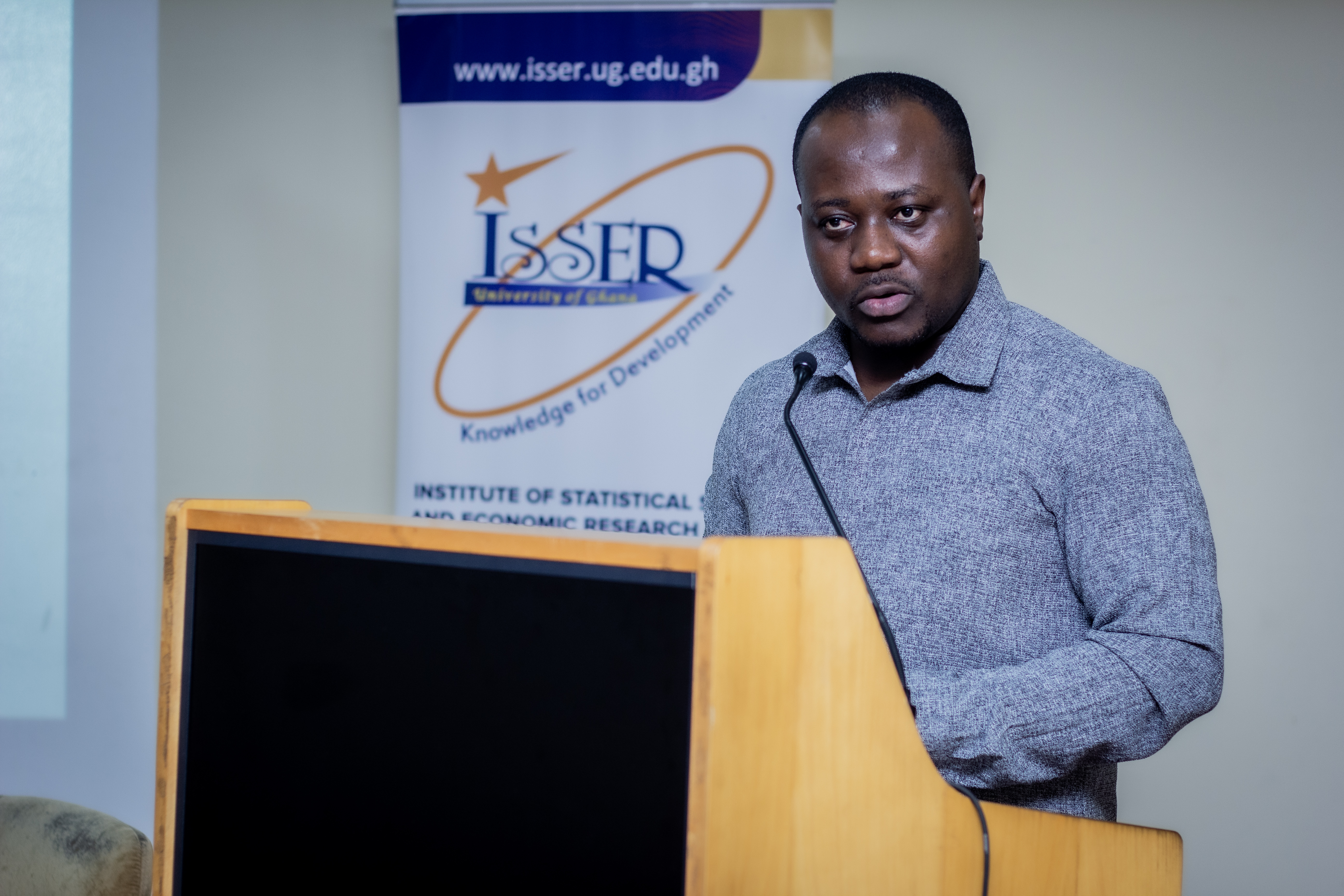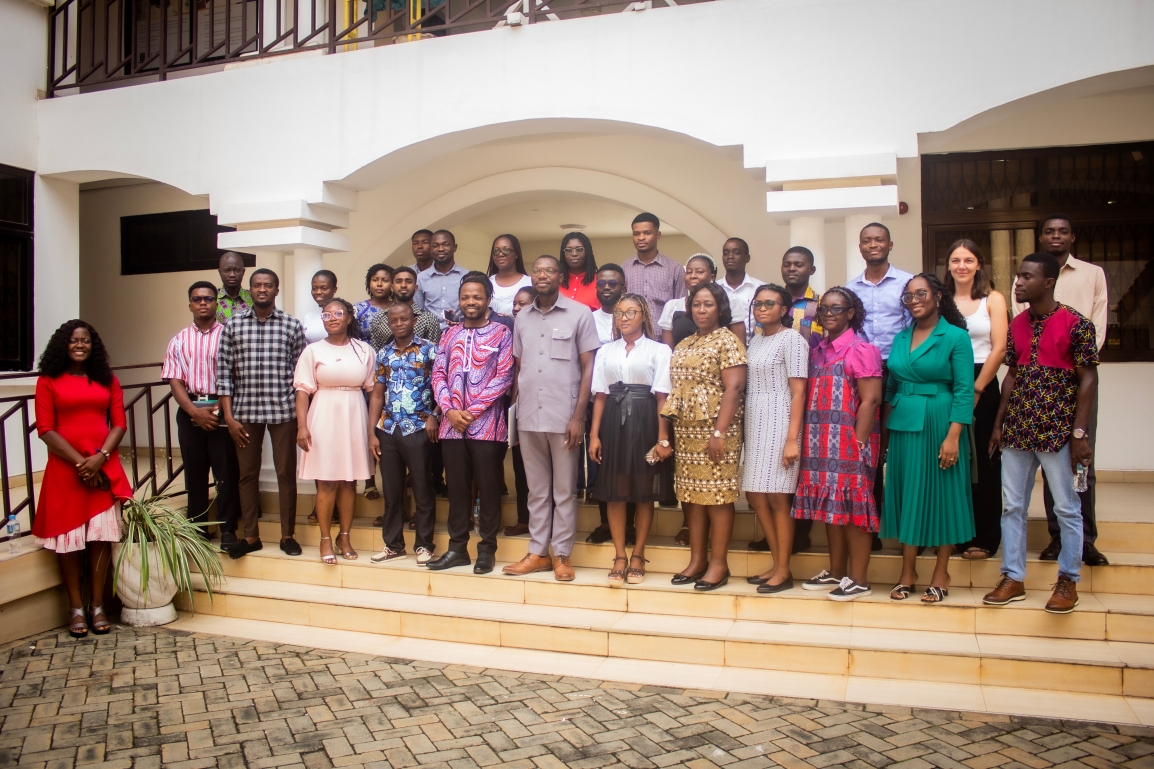Theme: Curbing IFFs to Finance Development: Results from a Multidisciplinary Research Approach
Ghana’s ability to minimize commodity trade-related illicit financial flows (IFFs) and raise revenue for development requires a multipronged approach which in turn hinges on accurate data, effective enforcement mechanisms, citizen engagement, and increased local investment in natural resource extraction governance. These are the key messages that emerged from a dissemination workshop organized by the Institute of Statistical Social and Economic Research (ISSER) to reflect on the outcomes of the research project “Curbing Illicit Financial Flows from Resource-rich Developing Countries”.
“Our objective for organizing this workshop is to present the highlights of the rigorous research that has been ongoing for the last six and half years. This forum also offers the opportunity to engage key stakeholders, particularly those with whom we have been collaborating for more than half a decade, to ensure that their valued perspectives are heard, and to sustain the conversation beyond the life of the project,” Dr. Fred Dzanku, Principal Investigator, said.
“Perhaps most importantly, we aim to mobilize stakeholder support to raise the uptake of key research recommendations,” he added.
The workshop formed part of activities marking the conclusion of the six-year project. It drew representatives from various spheres of society, including actors from the commodity sector and media representatives. The event served as a platform for discussing and proposing solutions to tackle illicit financial flows, and for disseminating the key findings to policymakers and the public.
The workshop garnered widespread coverage in Ghana media (news item 1, 2, 3, 4)












